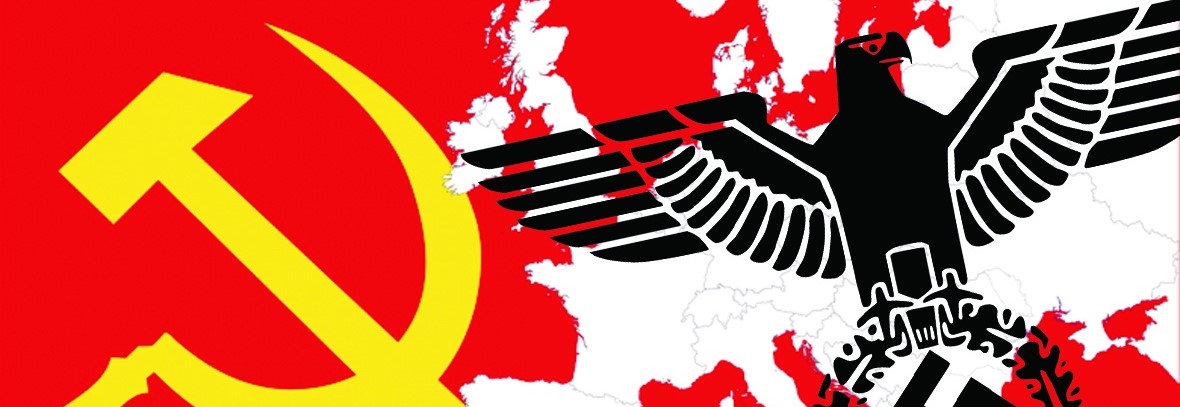Kindly invited to a public lecture at Cultural history study module by Zoltan Dujisin:
Assessing the Scholarly Foundations of Post-Communist Memory Politics.
Lecture will be in English language on Friday, 16th of April 2021, at 4 P.M. via ZOOM (Meeting ID: 860 4077 5268, Passcode: 561333).
The lecture discusses the origins of the anti-totalitarian collective memory pervading Central and Eastern Europe. It first tracks its intellectual origins in anti-communist dissidence, where liberal and conservative dissidents competed to offer the prevailing interpretation of the nature of the communist regime and then moves on to illustrate how the anti-totalitarian discourse was later co-opted by the region’s ubiquitous national memory institutes. National memory institutes are understood as hybrid bodies that stand between the field of politics and of history and who seek to impose a dominant interpretation of the communist past. While not the first such institute, Poland’s Institute of National Remembrance would emerge as the prime example for other countries to emulate across the post-communist region. The memory institute model was attractive for conservative identity politics as it allowed parties on the right to maintain the notion that post-communist societies are the product of “unfinished revolutions”, and that the remnants of the past remain in power and require countering. Moreover, it claims scientific validation: by way of scholarly co-optation (offering superior conditions to young researchers who cannot get jobs in academic institutions), their political narratives are given scholarly legitimation, and are thus ultimately “depoliticized”. But memory institutes are more than just a key element of post-communist political competition, they have also been responsible for shifting the EU’s collective memory into an increasing acceptance of the equalization of Nazi and Communist crimes.
Zoltán Dujisin is an FSR Incoming Postdoc at UCLouvain and is based in Brussels. His research interests include sociology of knowledge, sociology of journalism, memory politics and political sociology. He obtained his PhD in sociology from Columbia University in New York and was a Marie Curie Leading Fellow based in Erasmus University Rotterdam, where he has continued conducting research on memory institutes. Zoltan worked as a journalist for a decade, corresponding for the global news agency Inter Press Service News and leading Portuguese weekly Expresso from Ukraine, Hungary and the Czech Republic.
Kindly invited!


